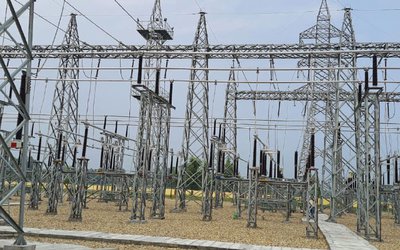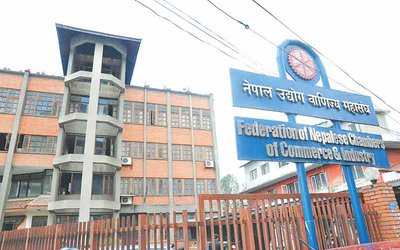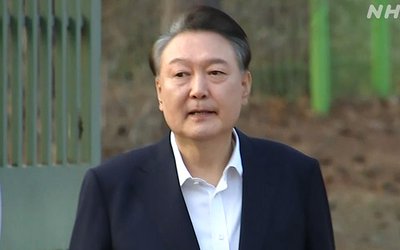More on Economy



ADB Director General has said that enhancing capital investments is critical for accelerating growth and creating jobs.
“Accelerating the execution of ongoing and new investment projects is a priority to address the country’s serious physical and social infrastructure deficit. This is a means to attain higher economic growth and much-needed employment opportunities in Nepal,” said Juan Miranda, Director-General of Asian Development Bank’s (ADB) South Asia Department, during his three-day visit to the country.
“The country needs to resolve the crippling power crisis and improve air and road connectivity to integrate Nepal with neighboring economies. There is also a need to provide water and other services to rural and urban populations. This will unleash higher and more inclusive economic growth.”
Miranda, who visited the country with Hun Kim, Deputy Director General of the South Asia Department, met with key Government officials, including the Ministers and Secretaries of Finance, Agriculture, Energy, Physical Infrastructure and Transport, and Urban Development, and the Chief Secretary, and development partners and private sector representatives. Miranda also jointly chaired a Tripartite Portfolio Review Meeting (TPRM) with Shanta Raj Subedi, Secretary of Finance, and discussed with secretaries, heads of departments, and project directors the progress and actions to accelerate the implementation of ADB-assisted projects. During the TPRM, the Government and ADB agreed on measures to accelerate project execution and disburse more than $200 million in 2014.
According to a press release issued by Asian Development Bank, during the meeting with the private sector, Miranda focused on priority areas such as energy, infrastructure, agribusiness and tourism. “The country needs to attract much higher private sector investment to create jobs, especially for the young. This requires better business environment,” said Miranda.
Miranda and his team also visited the Melamchi Water Supply Project site. He commended all the parties involved in the project -contractors, engineers and the Government - for their strong partnership. The project is on course for completion in 2016.
“This is a truly transformational project. It will improve the quality of lives of many people,” Miranda said.
According to ADB’s Country Partnership Strategy (CPS, 2013-2017)) approved by its Board in October 2013, Nepal has maintained an average real GDP growth of 4% over the past decade. However, to achieve higher, sustainable, and inclusive growth, for which Nepal has the potential, the country needs to substantially enhance the quantity and quality of capital spending and attract private investments in crucial physical and social infrastructures. CPS also focused on facilitating institutional reforms and capacity building to support these objectives.






